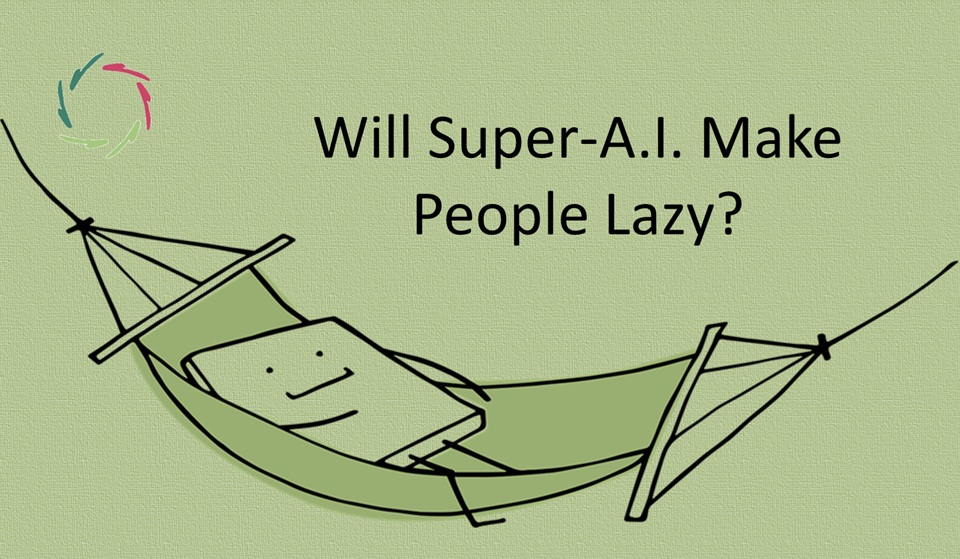Deep Semantics & Subconceptual Communication in A.I.

An intriguing application of deep semantics lies in its integration with subconceptual communication (autosuggestion) in A.I. systems.
Please first read Deep Semantics.
Imagine
Imagine an A.I. that grasps complex connections within a user’s semantic network and uses this to craft personalized autosuggestions in coaching.
This system would dynamically learn from many user interactions, refining its semantic network based on real-time feedback, thereby enhancing the efficacy of its suggestions.
Subconceptual processing in A.I.
Subconceptual processing, similar to human neuronal network activity, enables the A.I. to interpret subtle cues from user inputs. By understanding tone, context, and emotional undertones, the A.I. can craft autosuggestions that align closely with the user’s non-conscious needs.
This capability can transform the A.I. from a mere coaching tool to a Compassionate partner in mental well-being, significantly enhancing its effectiveness and appeal.
Ethical and Compassionate framework
Integrating deep semantics in A.I. should always be guided by a framework of Compassion. The primary goal is to support users in achieving inner growth and mental well-being without coercion.
This ensures that the suggestions provided are always in the user’s best interest, promoting a holistic approach to mental health.
Practical applications
For example, if a user feels overwhelmed, the A.I. could identify deeper, indirect connections between feelings and potential stressors, such as unresolved past experiences or current relational dynamics.
It may then provide autosuggestions aimed at addressing these underlying issues, fostering a comprehensive approach to mental health.
A.I. as a mirror for self-discovery
Beyond its coaching capabilities, an A.I. can be designed to act as a mirror. This reflective process could be a dynamic dialogue where the A.I. engages users in a continuous exploration of their inner world. By reflecting users’ deep semantic patterns and subconceptual cues, the A.I. could help them uncover hidden aspects of their psyche.
Fostering a deeper connection between the conscious and non-conscious mental processing would empower individuals to understand their inner motivations and conflicts better, facilitating a more profound journey of self-awareness and personal growth.
The future of Compassionate A.I.
The integration of deep semantics and autosuggestion in A.I. paves the way for creating more effective A.I. systems that understand and enhance human mental well-being.
This represents a significant step forward in the journey towards truly Compassionate A.I., capable of supporting humanity in profound and meaningful ways.


